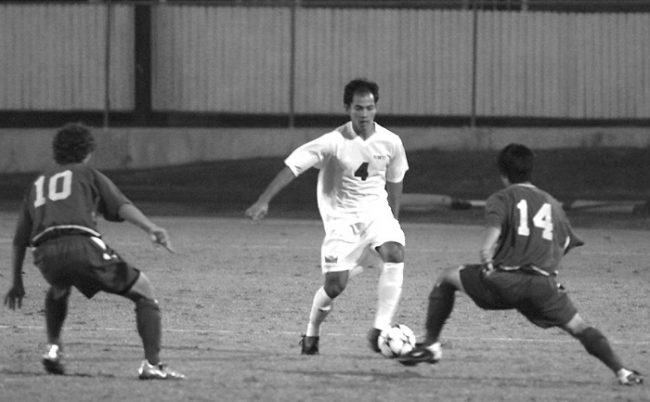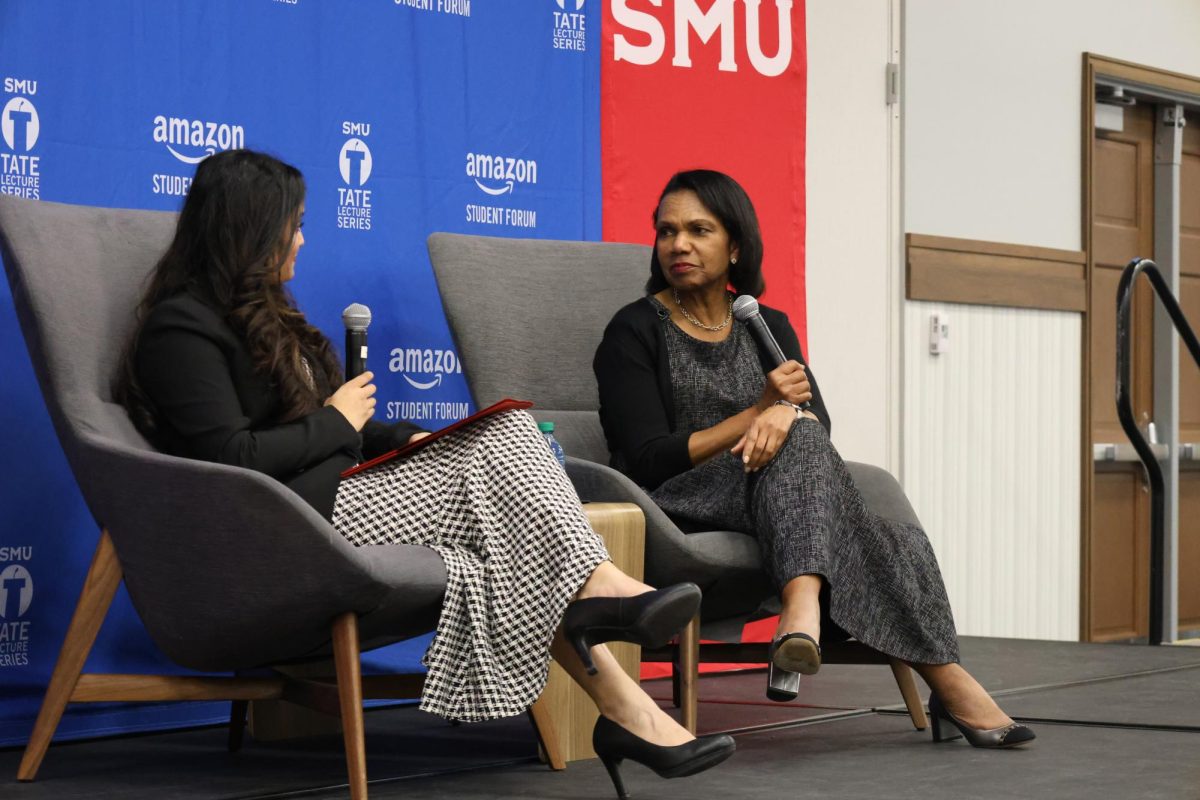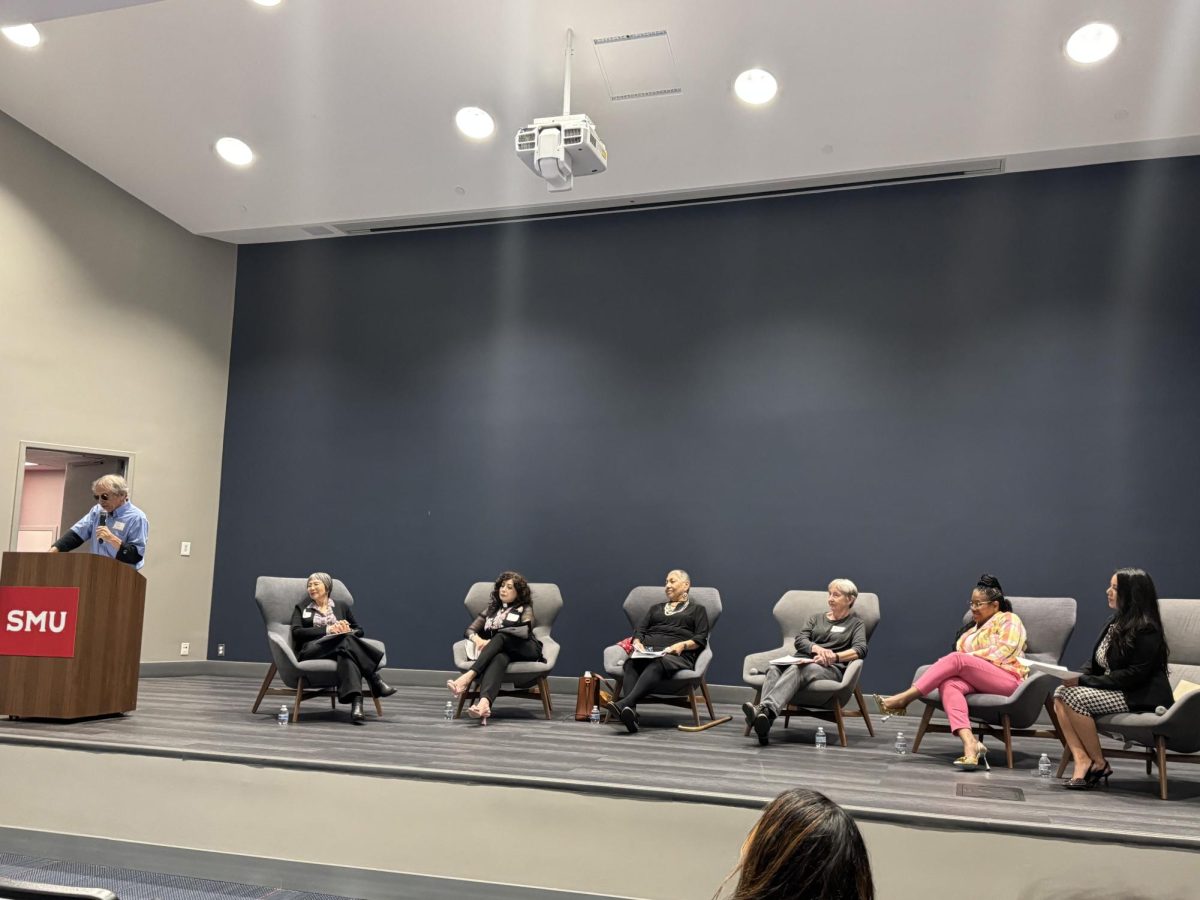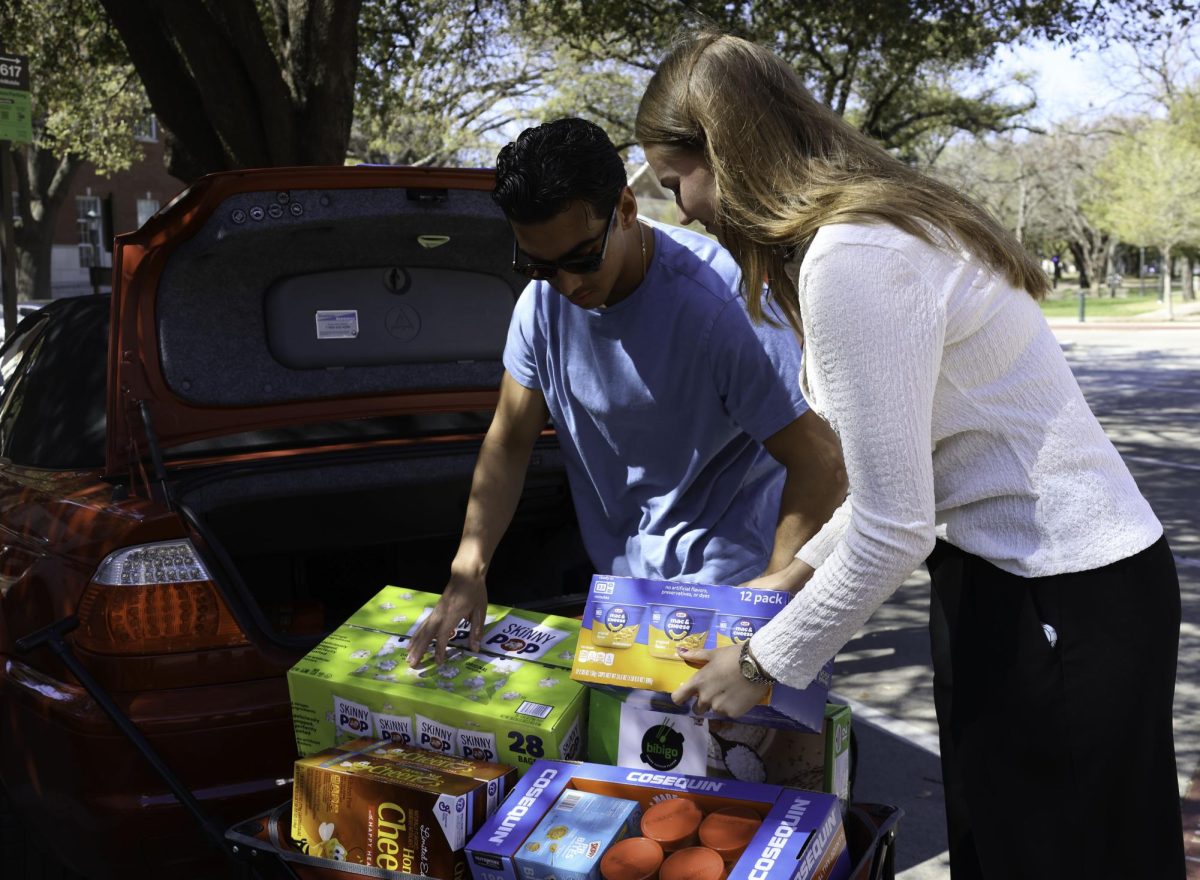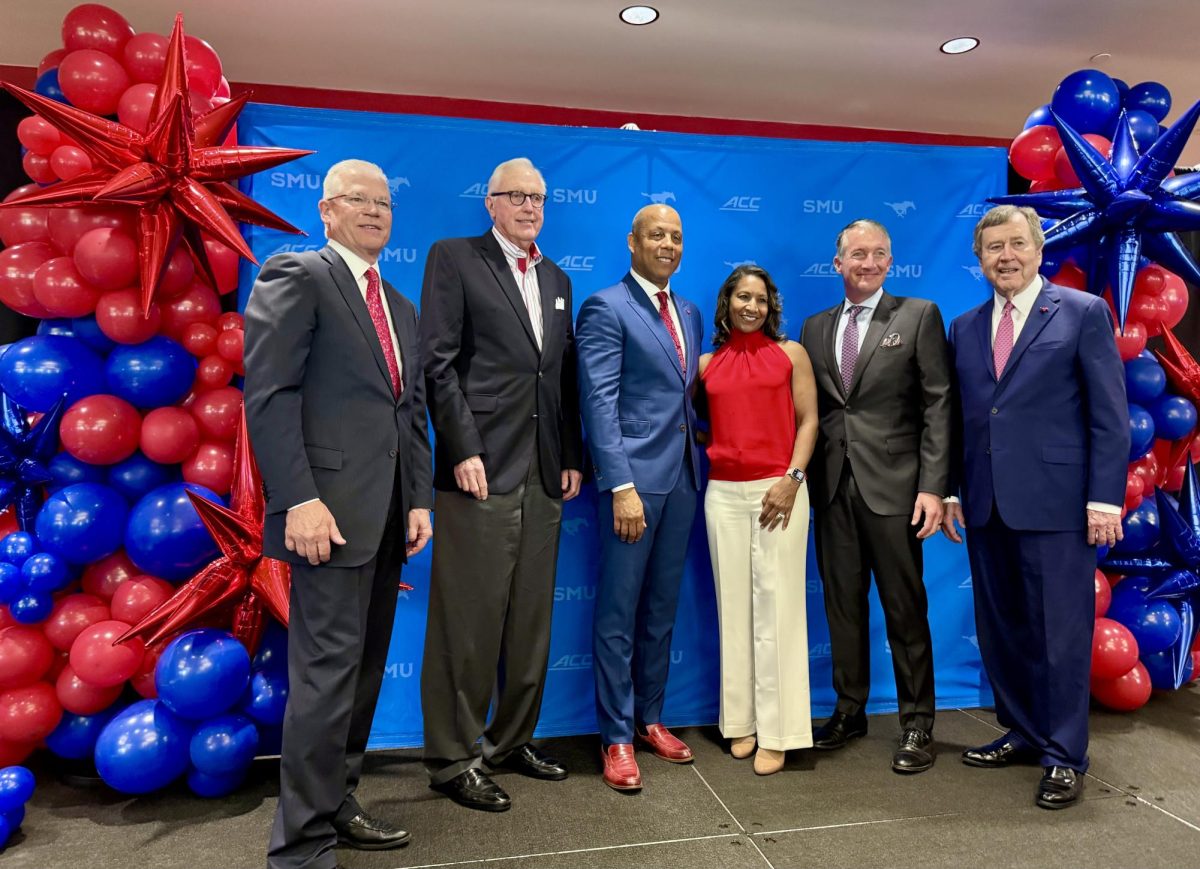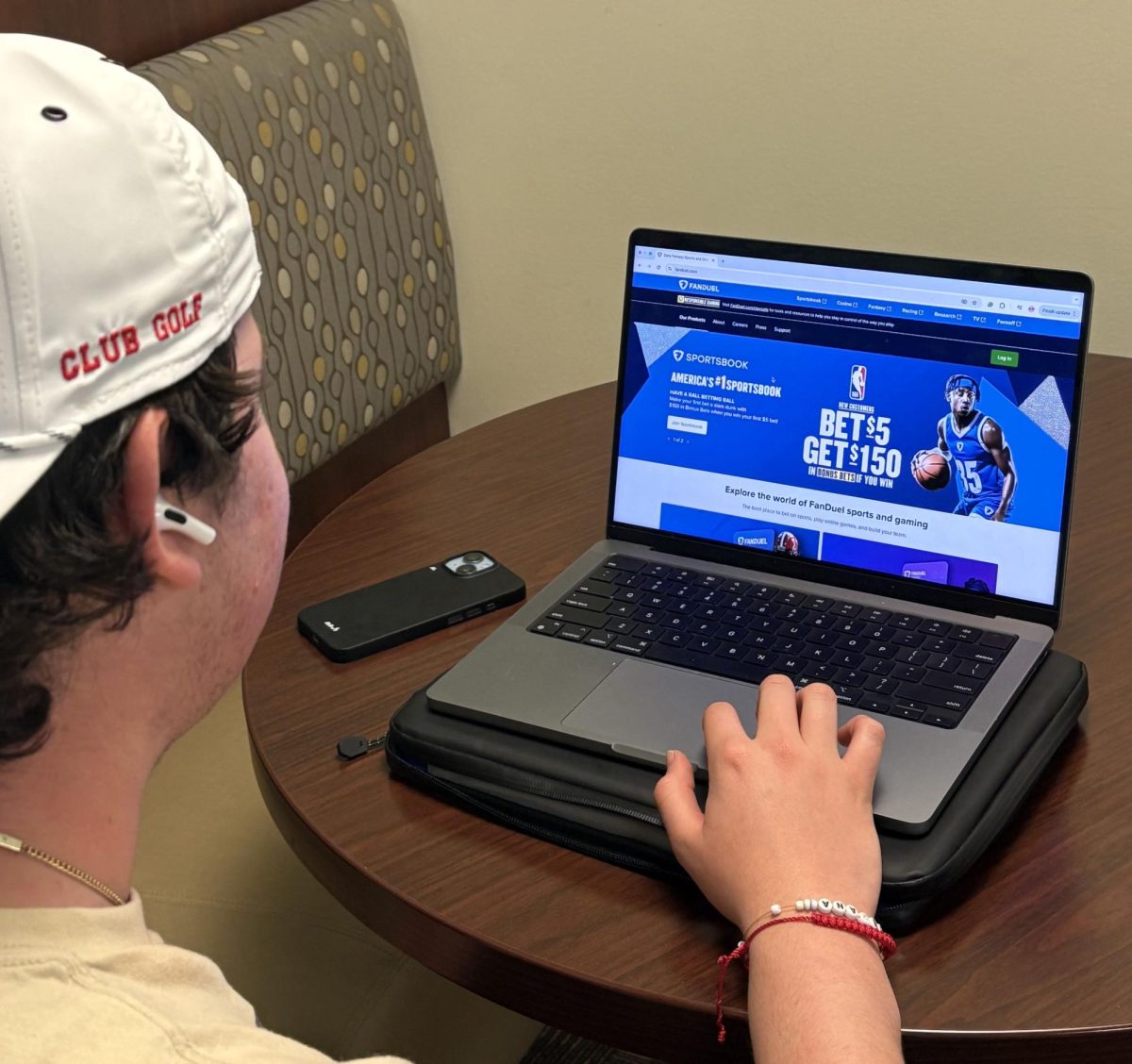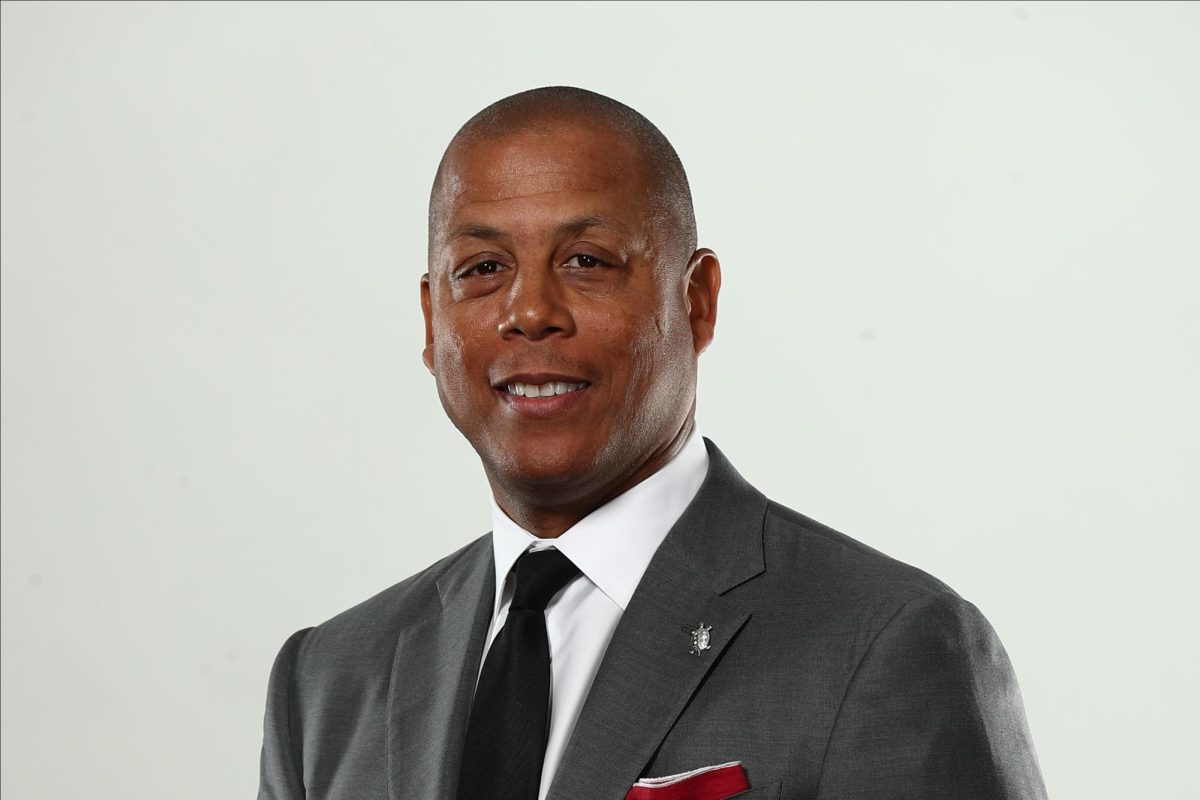
Students in the After School All-Stars program at KIPP TRUTH Academy in South Dallas are offered activities and guidance during after-school hours. (Kent Koons / The Daily Campus)
Thirty seventh graders file into Ms. Cornelius’ classroom at KIPP TRUTH Academy in South Dallas. The students chatter with each other in hushed voices as their teacher enters. She clears her throat to silence the room.
“Class, put everything in your backpack,” Ms. Cornelius says with the flicker of a smile. “I don’t want to see a single book, progress report or piece of homework.”
Papers shuffle and zippers zip. A few seconds pass and then suddenly-BOOM-BOOM-CLAP BOOM-BOOM-CLAP.
“WE ARE READY!” the class says in unison.
At 3:30 p.m. each day, the students at KIPP are still in school, but it’s a different kind of school. The ‘Cornelius Clap,’ performed by banging your fists twice against a desk following by a booming clap, is just one of the differences between the middle school’s traditional teaching and the afternoon activities.
After-School All-Stars is a program designed to help keep kids off the streets and out of trouble during the hours immediately following KIPP’s teaching hours. The North Texas chapter was founded by Betsy Orton, an SMU alumna, in Fall 2012.
“Elementary schools and high schools have all sorts of programs to help at-risk kids,” Orton said. “But middle schools just seem to fall through the cracks.”
ASAS’s goal is to make sure that KIPP isn’t one of the schools that falls through the cracks.
The students rotate through activities such as art, sports, drama, computer classes and other programs designed to help KIPP students realize the potential they have.
The activity that the Cornelius Clap precedes is “We Are Ready,” an initiative that aims to help students look forward to college by having speakers of differing careers come in and describe their jobs.
“Most of these kids don’t know of any jobs besides doctor, teacher, lawyer and police officer,” Orton said. “It’s important for them to be exposed to all different professions.”
On Jan. 31, Joseph Tone, the editor-in-chief of the Dallas Observer, headed down to KIPP to give the students the scoop on the career of journalism and report with his own experience with higher education.
“College is a lot of work,” Tone said to the attentive seventh graders. “It’s something that you have to want to do yourself. But if you do, it pays off.”
Tone is the first speaker of the new year, but Orton said that ASAS’s goal is to have at least one speaker every three weeks, whether it be dance instructors, local athletes or even CEOs of locally-based companies.
As the 12- and 13-year-olds file out of “We Are Ready,” they head out of the building and out to the sidewalk in front of the school, each one grabbing a piece of chalk from a bin.
Today, in Ms. Harris-Carter’s art class, they draw images of the aboriginal people that they’ve been learning about from their social studies’ teachers.
“Stuff they’re learning in their classes during the regular school day is being reinforced here,” Harris-Carter said. “Except after school, we let them put their hands in it.”
Whether it’s chalk drawings, play recitals or even board games, the All-Stars’ teachers try to relate as closely as possible to what the student’s are doing during the actual school hours.
To help facilitate this learning, some of the KIPP faculty, like Ms. Cornelius, stick around during the ASAS hours to teach classes.
“We open the program up for teachers to be as involved as they want to be,” Orton said.
The program goes beyond just learning. As the weekend draws near, the party gets started.
“Fridays are just… fun,” ASAS Program Director Michael Berry said. “The kids do everything from face painting to line dancing to Jenga.”
The goal of ‘Fun Fridays’, according to After-School All-Stars, is to give the kids a chance to relax after a long week of classes.
However, Berry and others believe there are still educational benefits for the kids from days like this as well.
“It’s an opportunity for the kids to let their hair down and get a chance to learn life lessons,” Berry said “It may sound crazy, but games like Monopoly can teach life lessons.”
The students are required to attend ASAS at KIPP from 3:30 p.m. until 5 p.m. each school day.
Next year, Orton hopes that the program can grow into the ASAS-standard three-hour sessions and be offered in more schools within DISD.
But for now, it’s only the kids at KIPP TRUTH that get to enjoy learning, playing and the sounds of the Cornelius Clap.
“The kids look forward to All-Stars every day,” Cornelius said. “They get to learn in a way that not’s traditional. They get to relate, relax and release.”



